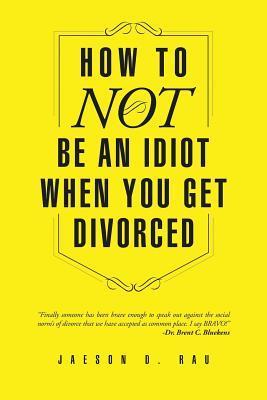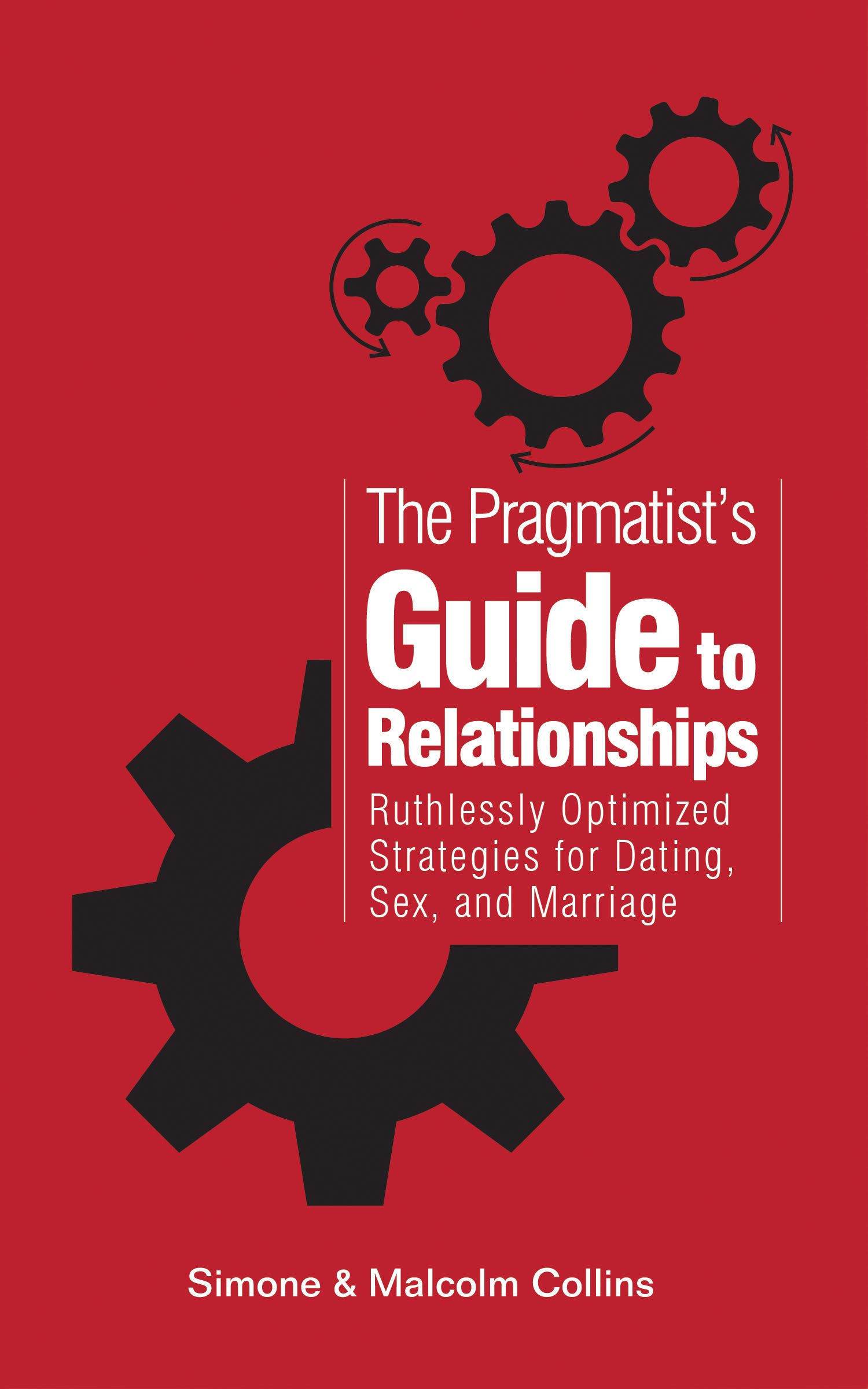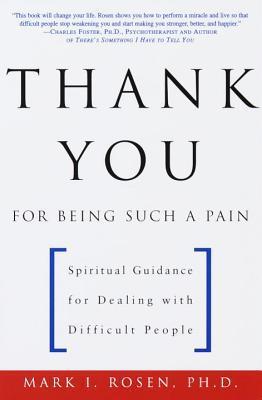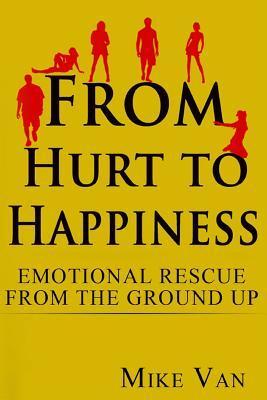
How To NOT Be An Idiot When You Get Divorced
Book Description
Divorce is a battlefield, and many enter it unprepared, armed with nothing but emotion. "How To NOT Be An Idiot When You Get Divorced" cuts through the chaos with razor-sharp insights and actionable strategies. Jaeson D. Rau takes readers on a journey through the emotional minefield, unraveling the common traps that lead to regret and self-sabotage. With humor and heartbreak, this guide illuminates the path to healing and clarity, transforming a painful ending into a powerful new beginning. Are you ready to take the reins of your life and navigate divorce like a pro?
Quick Book Summary
"How To NOT Be An Idiot When You Get Divorced" by Jaeson D. Rau offers a refreshing blend of humor, raw honesty, and practical advice for anyone facing one of life's most challenging transitions. Drawing from personal experience and psychological insight, Rau strips away the sugarcoating around divorce, exposing the pitfalls and emotional traps many stumble into. The book emphasizes clarity, self-awareness, and preparation as tools to avoid common mistakes that cause prolonged pain and regret. Whether you're the initiator or the blindsided party, Rau's guide encourages emotional intelligence, better communication, and immunity to rash decisions. Ultimately, it's not just about surviving divorce, but emerging wiser, healthier, and fully able to embrace the next chapter of life.
Summary of Key Ideas
Table of Contents
Avoiding Emotional Sabotage
The first key concept Rau introduces is the importance of recognizing and mitigating emotional sabotage. Divorce is emotionally volatile, and heightened feelings can lead to impulsive, self-defeating actions—whether that's sending angry messages, seeking revenge, or making hasty legal decisions. Rau illustrates how strong emotions cloud judgment, and offers grounding techniques to help readers pause, reflect, and act wisely. Understanding one's triggers and learning to channel negative energy in constructive ways underpins stability through the chaos.
Communicating with Clarity and Civility
Effective communication is another foundational pillar detailed in the book. Divorce can quickly devolve into hostility and misunderstanding, intensifying conflicts beyond repair. Rau imparts practical tips for maintaining clarity and civility in communication, both with an ex-spouse and with family, friends, and legal professionals. He deploys humor to showcase communication missteps, encouraging readers to avoid escalation and focus on clear, purposeful dialogue to minimize damage and support smoother proceedings.
Rebuilding Identity and Confidence
A significant portion of the guide addresses the process of rebuilding one's sense of self after a relationship's end. Rau acknowledges the loss of identity that often accompanies divorce and the urge to cling to the past or rush into something new. With psychological insights and light-hearted anecdotes, he advocates for self-care, patience, and positive habit-building. Readers are encouraged to rediscover passions, establish support systems, and foster a renewed sense of independence and self-worth. Rau makes the case that healing is both gradual and deeply rewarding.
Navigating the Legal and Financial Maze
The practicalities of divorce can be a minefield, so Rau dedicates a section to navigating the legal and financial aspects intelligently. He cautions against common rookie mistakes—like ignoring paperwork, misunderstanding financial obligations, or misjudging one's legal standing. Simple, actionable strategies help readers prepare for negotiations, organize critical documents, and seek professional advice when necessary. Rau demystifies intimidating processes, highlighting that preparation and knowledge are key defenses against costly errors.
Turning Pain into Growth
Finally, Rau transforms the pain of divorce into an opportunity for lasting personal growth. He acknowledges the heartbreak and disappointment, but redirects focus onto the lessons learned, newfound resilience, and future possibilities. Readers are inspired to view divorce not merely as an end, but as the beginning of a more authentic, fulfilling life. Using wit and empathy, Rau leaves readers empowered—equipped not just to recover, but to truly thrive after loss.
Download This Summary
Get a free PDF of this summary instantly — no email required.





